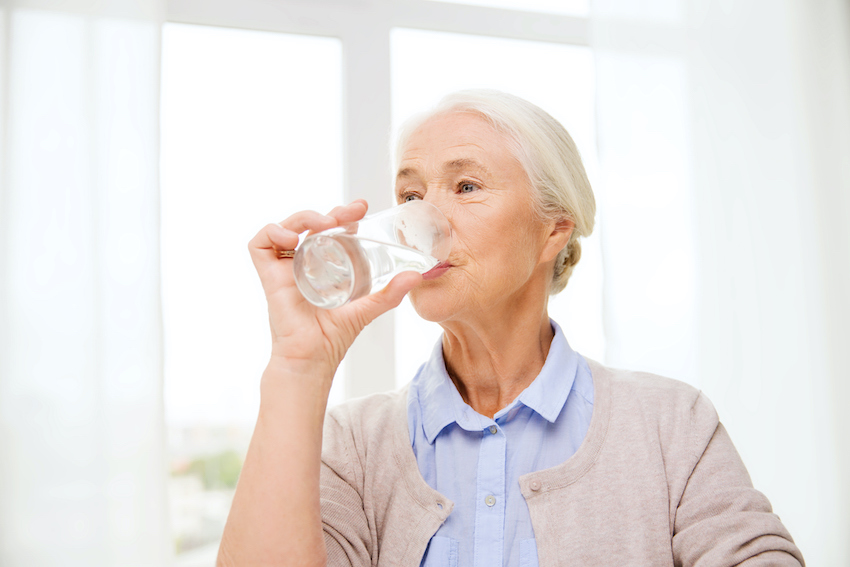
Learn tips to help manage urinary incontinence in older adults.
While not uncommon, urinary incontinence in older adults is a challenging condition to manage. It impacts daily life in many ways and commonly leads to lower self-confidence, assurance, and limits rewarding activities.
Recognizing Urinary Incontinence
However, it is essential to recognize that urinary incontinence in older adults is not something that needs to be accepted as a consequence of aging. Determining the root cause of the problem may result in a simple, yet effective treatment option. Contributing factors to bladder control problems include:
- Urinary tract or vaginal infection;
- Constipation;
- Overactive or weakened bladder muscles;
- Pelvic organ prolapse or weakened pelvic floor muscles;
- Nerve damage from conditions including Parkinson’s disease, diabetes, or MS;
- Enlarged prostate; or
- Medical conditions which make it harder to make it to the restroom in time, such as arthritis.
Managing Incontinence
An older adult going through difficulties with incontinence should visit with the doctor to review symptoms, medications, and health history. The medical professional may recommend blood, urine, and bladder testing to decide how effectively the bladder is emptying. Maintaining a daily journal observing the specific times of day when urinating and when leaking urine before the appointment can be helpful.
Once the cause for the incontinence has been discovered, treatment plans may include:
- Oral medications which can tighten muscles or help the bladder empty fully.
- An injected medication to the area surrounding the urethra.
- A low-dose estrogen cream.
- Nerve stimulation around the bladder.
- A urethral insert or pessary in order to prevent leaking.
- Surgery in the event the incontinence is caused by blockage or a change in the bladder’s position.
Furthermore, some incontinence issues may be relieved by trying:
- Kegel (pelvic muscle) exercises.
- Biofeedback.
- Timed urination, emptying the bladder on a set schedule.
- Lifestyle changes, such as eliminating caffeine/alcohol, quitting smoking, and losing weight.
Contrary to popular belief, it is crucial to maintain proper hydration. Lower hydration levels lead to more concentrated urine, which makes urinating more uncomfortable and increases incontinence issues. Plain water is always the smartest choice; however, adding flavoring such as cucumber or citrus fruit is also acceptable.
Coping With Alzheimer’s and Incontinence
For an older adult with Alzheimer’s disease, especially in the later stages, incontinence is particularly common and can be helped by:
- Making it easier to get to the restroom (i.e., ensuring pathways are clear and there is sufficient lighting).
- Encouraging proper hydration and cutting out coffee, soda, and tea from the senior’s diet, as these increase urination.
- Taking frequent, regular bathroom breaks.
- Choosing clothing that is simple to remove.
- Experimenting with different types of incontinence care products to find one that is most comfortable.
Anthem Home Care’s aging care experts are trained and experienced in incontinence care. Our experts are available to offer recommendations & in-home care to discreetly and respectfully assist with personal care needs. Email us via our online form or give us a call at 361-643-2323 to receive a free in-home consultation and learn more about our Portland senior care team and the surrounding communities we serve.
